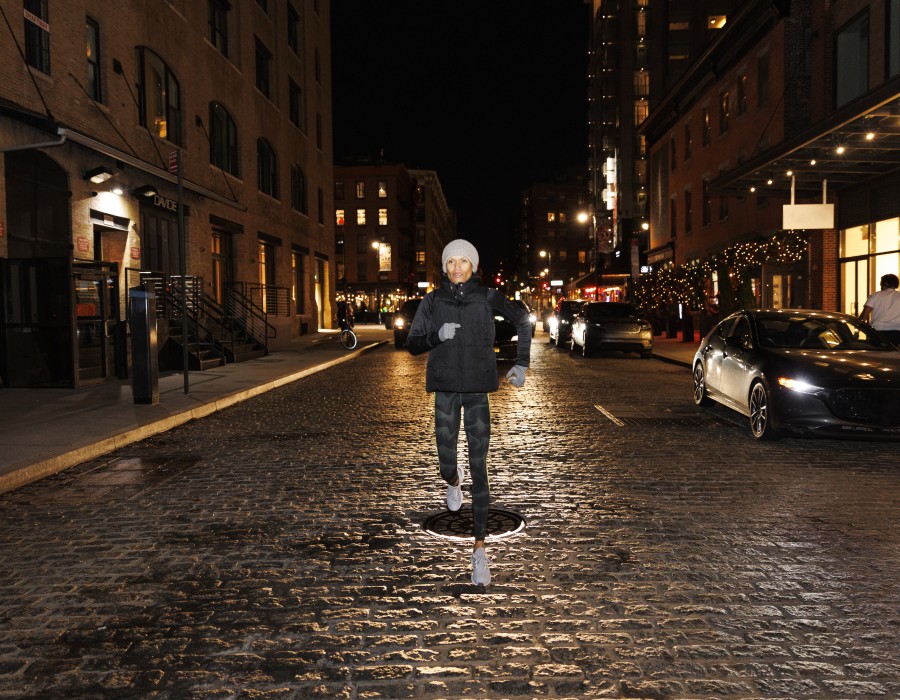In today's fast-paced world, finding time for exercise can be challenging. Yet, walking after dinner is a low-effort, highly beneficial activity that can significantly enhance both physical and mental well-being.
This time-tested practice has been shown to improve various aspects of health. There are various health articles on fantapa that delves into the extensive benefits of incorporating post-dinner walks into your daily routine and explains how this simple habit can lead to a healthier and more fulfilling lifestyle.
The Science of Digestion
To fully appreciate the benefits of walking after dinner, it’s essential to understand the digestive process. After eating, the body is engaged in breaking down food, absorbing nutrients, and eliminating waste. Walking aids this complex process in several ways:
- Enhancing Gastric Emptying: Walking stimulates the stomach and intestines, which helps food move more efficiently through the digestive tract. This can reduce feelings of fullness and bloating that often follow meals.
- Reducing Indigestion and Heartburn: Physical activity like walking promotes proper digestion and reduces the likelihood of discomfort from indigestion and acid reflux by preventing excessive stomach acid build-up.
- Promoting Regular Bowel Movements: Gentle movement encourages peristalsis (the wave-like motion of the intestines), which helps prevent constipation and supports regular bowel movements.
Benefits of Walking After Dinner
Enhanced Digestion
Walking after dinner helps to regulate the digestive process. By promoting gastric emptying, walking reduces the risk of digestive discomfort such as bloating and heartburn. It also aids in nutrient absorption and supports the digestive system's overall function. Regular post-dinner walks can significantly improve digestive efficiency and comfort.
Weight Management and Metabolic Health
Walking after dinner plays a crucial role in weight management and metabolic health:
- Increased Caloric Expenditure: Engaging in a post-dinner walk helps burn calories, which is beneficial for weight loss and maintenance. A brisk walk can burn up to 100 calories in 30 minutes, depending on the intensity and individual metabolism.
- Improved Blood Sugar Regulation: Physical activity after meals helps the body use glucose more effectively, preventing sudden spikes and drops in blood sugar levels. This is especially important for individuals with diabetes or insulin resistance, as it aids in maintaining stable blood sugar levels and enhances insulin sensitivity.
Better Sleep Quality
Walking after dinner has a positive effect on sleep:
- Circadian Rhythm Alignment: Evening walks can help regulate your circadian rhythm, promoting a natural sleep-wake cycle. This can lead to more restful sleep and reduce insomnia.
- Stress Reduction and Relaxation: The release of endorphins during physical activity helps lower stress levels and promote relaxation, which can further improve sleep quality and reduce symptoms of anxiety.
Cardiovascular Health
Regular post-dinner walks offer significant benefits for cardiovascular health:
- Lowered Blood Pressure: Walking helps to reduce blood pressure by improving circulation and reducing arterial stiffness. This can lower the risk of hypertension and related cardiovascular diseases.
- Enhanced Blood Circulation: Improved circulation from walking supports overall heart health and reduces the risk of cardiovascular issues by keeping blood flowing efficiently throughout the body.
Enhanced Mood and Mental Well-being
Walking after dinner can improve mental health in several ways:
- Endorphin Release: Physical activity triggers the release of endorphins, which are known as "feel-good" hormones. This can alleviate symptoms of depression and anxiety, contributing to a more positive outlook on life.
- Stress Relief: Regular post-dinner walks help manage stress levels, promoting mental clarity and emotional balance.
Recommended Duration for Post-Dinner Walking
Health experts generally recommend a 30-minute walk after dinner to maximize benefits. However, the ideal duration may vary based on individual factors such as age, fitness level, and health conditions. The key is consistency and finding a routine that fits into your lifestyle. Even shorter walks of 15-20 minutes can provide substantial benefits if done regularly.
Safety Considerations
While walking after dinner is safe for most people, consider these safety tips to ensure a positive experience:
- Proper Walking Techniques: Maintain good posture and proper walking form to prevent injuries.
- Safe Routes: Choose well-lit, safe walking paths to avoid accidents and ensure a pleasant experience.
- Weather Appropriateness: Dress appropriately for the weather conditions to stay comfortable and avoid illness.
- Health Consultation: If you have specific health concerns or conditions, consult with a healthcare professional before starting any new exercise routine.
Tips for Effective Post-Dinner Walking
To make the most of your post-dinner walks, consider the following tips:
- Establish a Routine: Pick a time and duration that fits into your daily schedule to make walking a consistent habit.
- Socialize: Invite family or friends to join you, making the activity more enjoyable and motivating.
- Incorporate Stretching: Add light stretching before or after your walk to enhance flexibility and reduce muscle stiffness.
- Track Your Progress: Use wearable devices or fitness apps to monitor your walking distance and set achievable goals.
Conclusion
Walking after dinner is a simple yet powerful practice with extensive health benefits. From enhancing digestion and managing weight to improving sleep and boosting mental well-being, this easy habit can significantly contribute to a healthier and more balanced life. By incorporating post-dinner walks into your routine, you can enjoy a range of physical and mental health benefits that lead to overall well-being. So, lace up your walking shoes and step into a healthier lifestyle with the simple yet impactful practice of post-dinner walking.






Comments